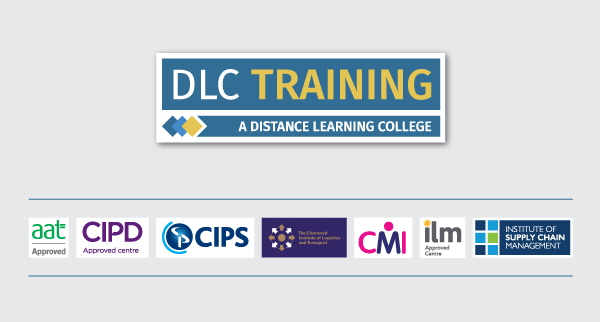
Finding a job is one thing, but finding a job you really enjoy and want to spend your time doing is a whole other kettle of fish. Around one third of our lives are spent working, yet, when you ask your friends or colleagues if they have always wanted to do what they are doing now, you’ll find most of them explaining how they “fell into it” or something along those lines. Some will be fortunate, and find that they love doing what they do, and spend their career in that role or working in other similar roles. A great many of us will find ourselves jumping from one job to the next, trying to find something that we love and never quite getting there.
So why is it exactly, that we find ourselves in the same position time after time? In this blog we’ll consider factors that could be contributing to our career discontent and look at ways to overcome this.
Reasons we don’t love our jobs
Through our research we were able to establish 4 main factors:
1. We don’t really know what we want to do
When we looked at career choices in school we completed online quizzes to line up our interests with a profession. We also researched as many salaries as we possibly could to see which job roles paid the most. You have a job to make money, so logically, the job that pays the most money is the best one to aim for. Our income level is what we prioritise, but what we don’t consider is just how much of our time is occupied by work, and how important it is to enjoy that work for the sake of our happiness. Our jobs don’t just provide us with income, they give us a purpose. If our purpose does not fall in line with our passions, values and talents, we’ll never truly feel fulfilled.
2. As we grow older, we change
Whether we believe this or not, everything we are exposed to daily; adverts, music, friends, and family, has an impact on our tastes and interests. We start to like things we didn’t like before and start to lose interest in things we used to love. The same thing can also happen with our jobs. We can go through education thinking we want to move into a particular role when we have the right qualifications. After putting in all the hard to work to achieve the goal of landing the “dream job” we find that our interests have changed, and the job that we were once so motivated to do leaves us unfulfilled and questioning our choices.
3. We settle
As we need to have a job for income purposes, if we don’t get the job we want, we tend to settle for another that we weren’t necessarily aiming for. When you’re in employment it makes it very difficult to continue searching for a job as you have less time to do so. Also, if you feel secure in that role, it suddenly becomes more attractive than going through the process of changing jobs and not necessarily feeling as secure, even if that job is what you were ultimately looking to do.
4. Competitive market
The job market is competitive, and ever since the pandemic hit there has been a shift in types of jobs that people are applying for. For example, job roles within the hospitality industry such as waiting staff are receiving far less applications than before the pandemic. More people are developing their skills to apply for more secure, long-term roles. If the job you’re interested in is in higher demand than ever before, there are more candidates to compete against when applying.
Ways to overcome these barriers and find a job that you love
Understand your passion
It’s important to really understand exactly what it is your passionate about. This isn’t just something you enjoy doing, but something you’re always motivated to do. Not just when it’s easy but when it’s trying and difficult. Think about what’s important to you, what your values are, and how you can practice this in a job. For example, if you’re passionate about helping people learn and develop professionally, becoming a manager could be really fulfilling for you.
Train in a new sector
If your interests have changed you can work on developing your knowledge and skills in line with this to become employable in that area. You could do this by:
- Taking an introductory level course relating to that field to learn more about it. You can then make a note of the qualification on your CV to show employers your determined to move into that area.
- Gain some work experience by volunteering some unpaid hours to businesses, this experience combined with an accredited qualification will show employers how motivated you are to make this career transition.
Become more employable
If you face competing with a larger scope of candidates than ever before, it would be beneficial to consider how you can make yourself more employable. Some ways you can do this include:
- Work on your interview techniques
- Get professional advice on how to format your CV
- Gain some accredited qualifications to add to your CV
- Utilise your LinkedIn page
- Work with recruiters, they tend to have a larger scope of job opportunities than what we can find ourselves
Develop your skills
If you already love what you do that’s great, and having a talent for that role significantly helps. But whether you’re already good at your job or not, there is always room for improvement. Some ways you can improve your skills include:
- Take your performance reviews seriously. Ask yourself why you are performing better in one area than another, and ask your manager for advice to improve.
- Network with people in similar roles and discuss how they do things differently. They may have some useful practices that you could implement into your role.
- Don’t just rely on your experience-based knowledge and skills. Study an accredited course to give you the standard of knowledge you require.
